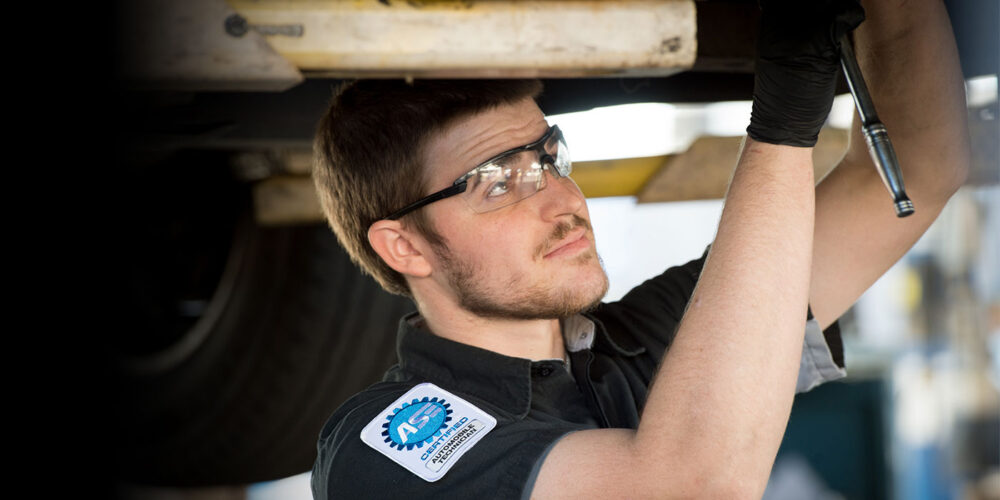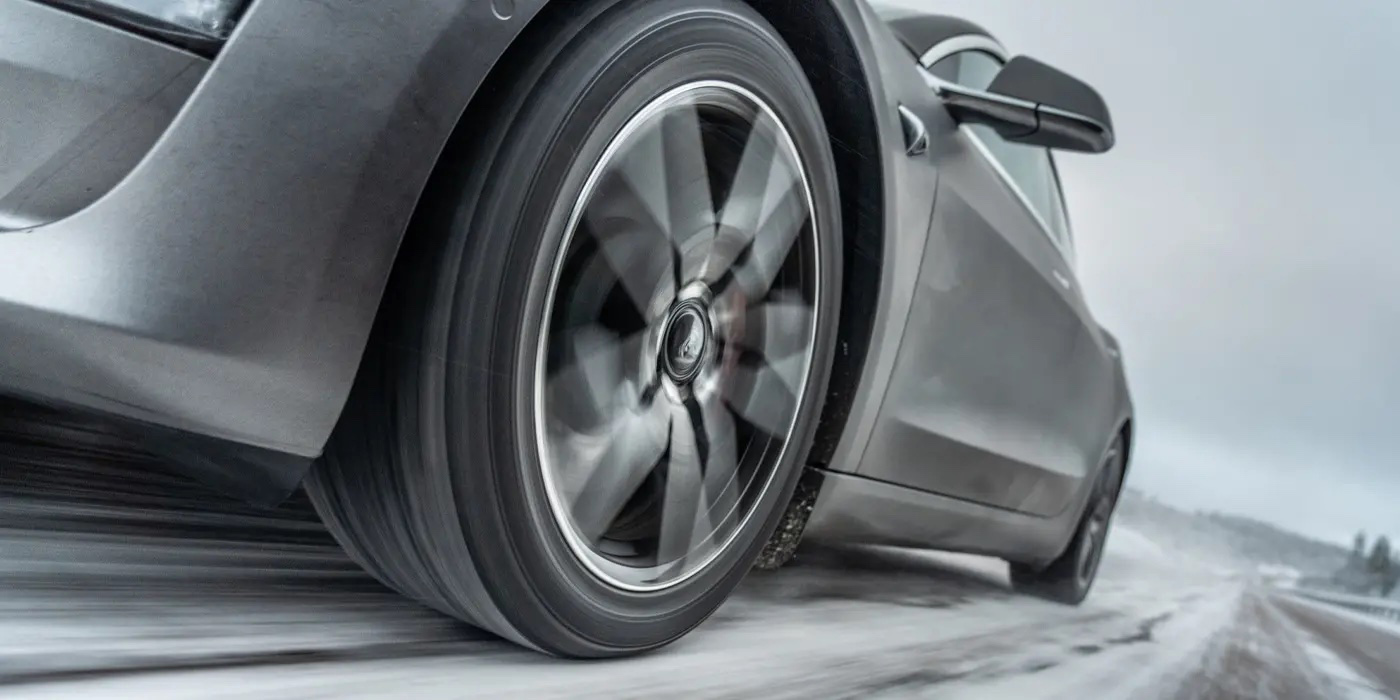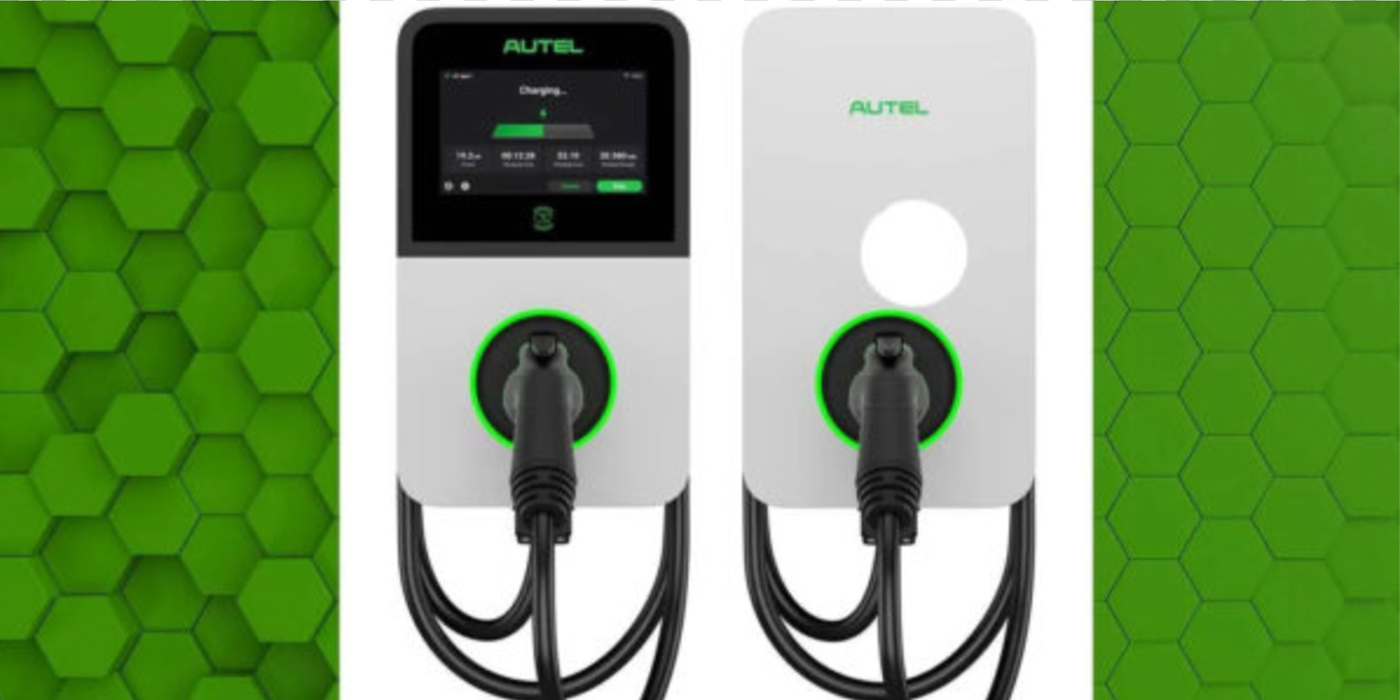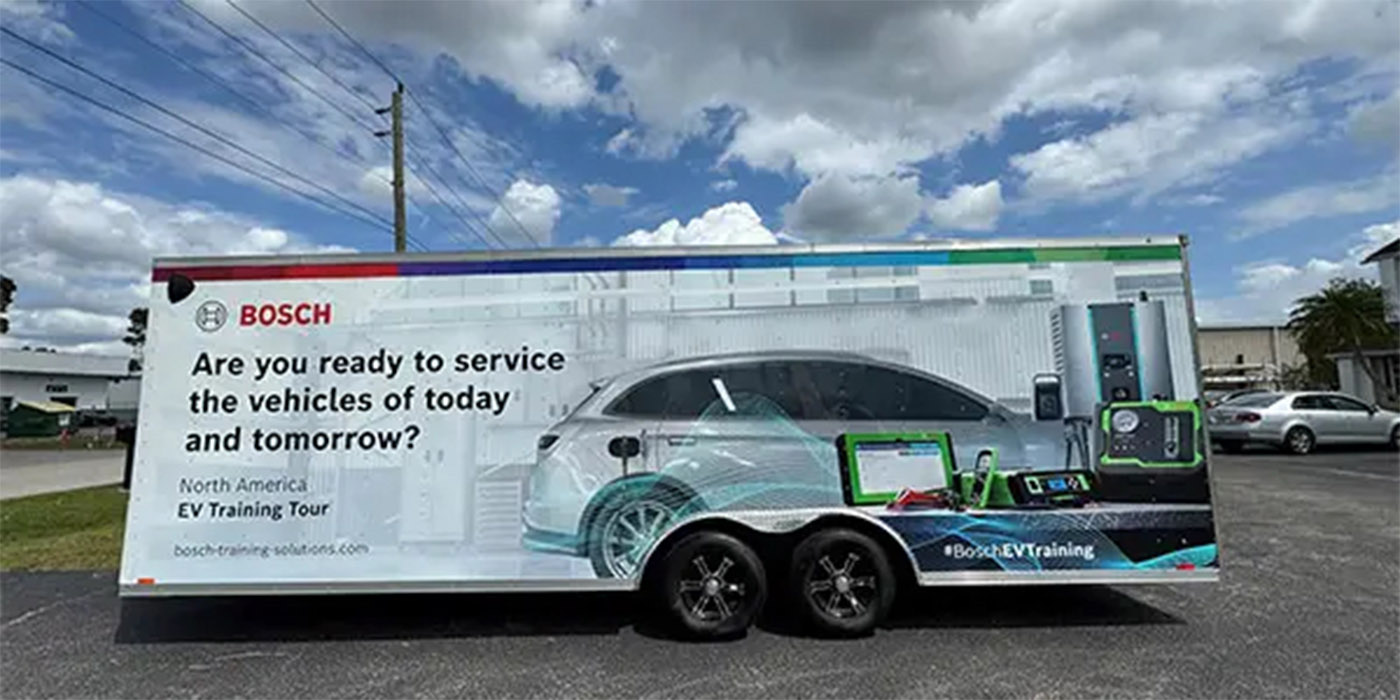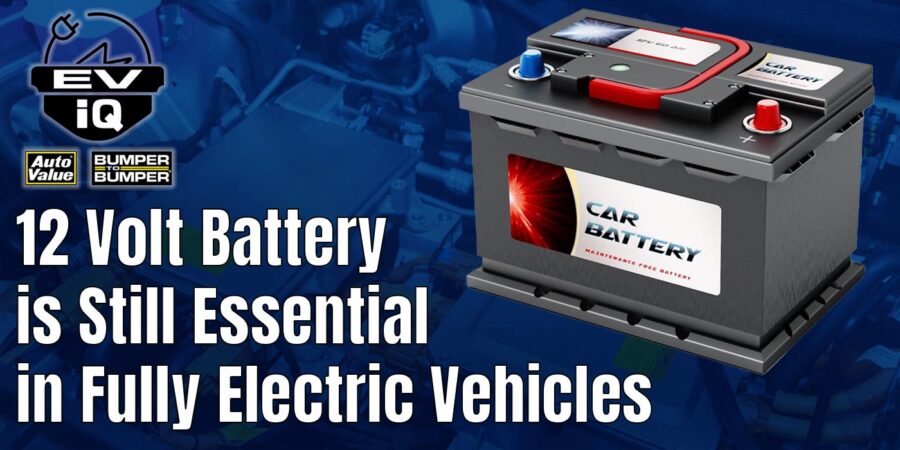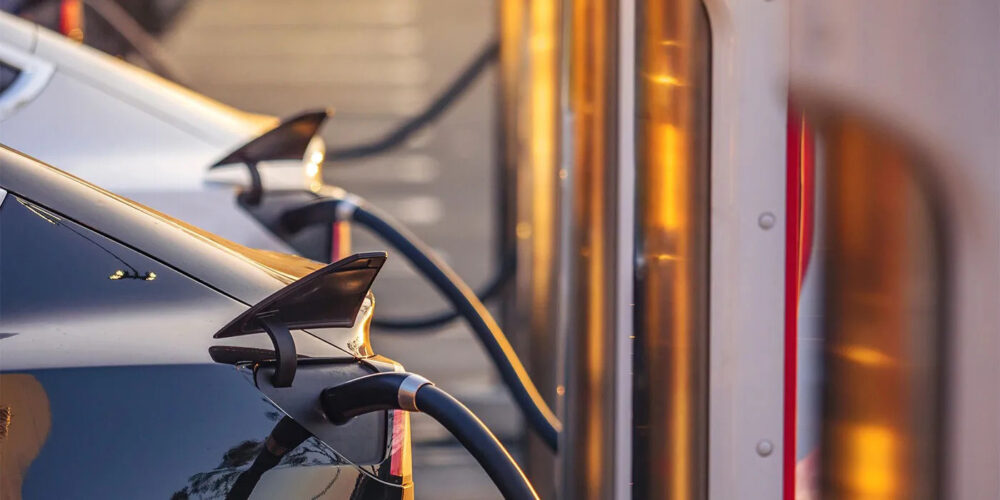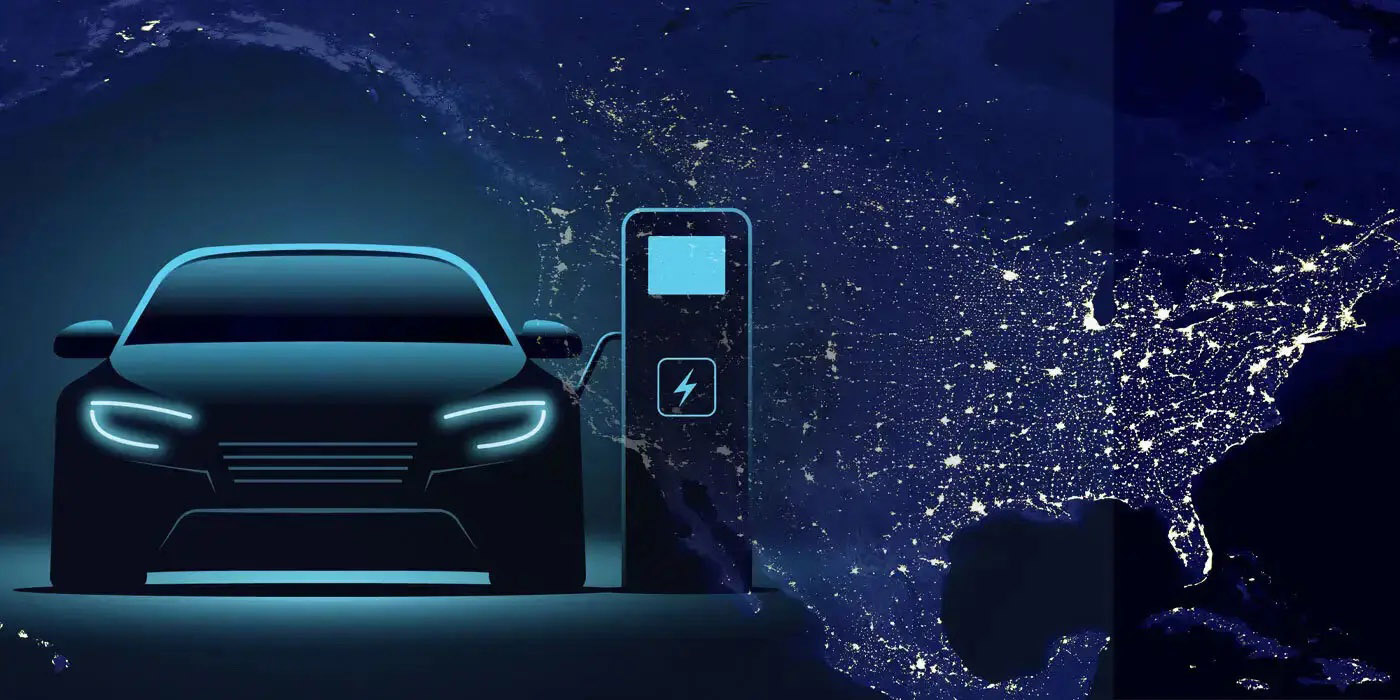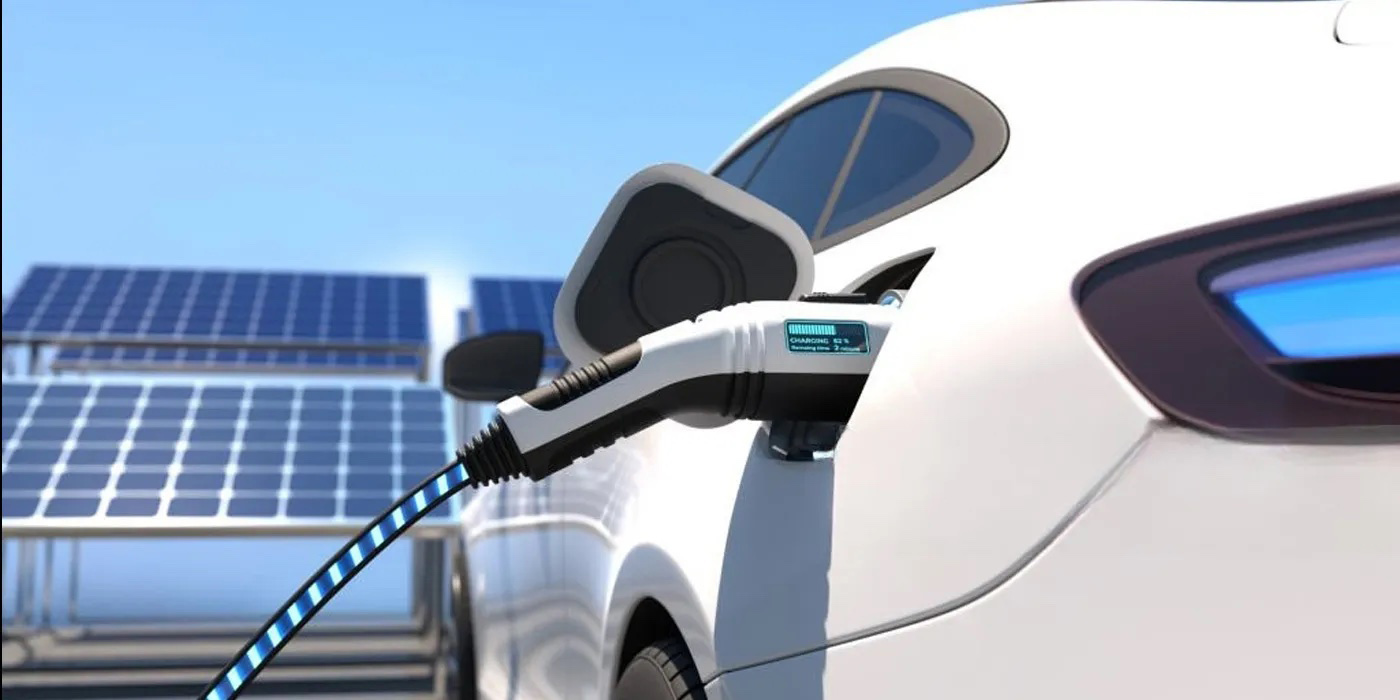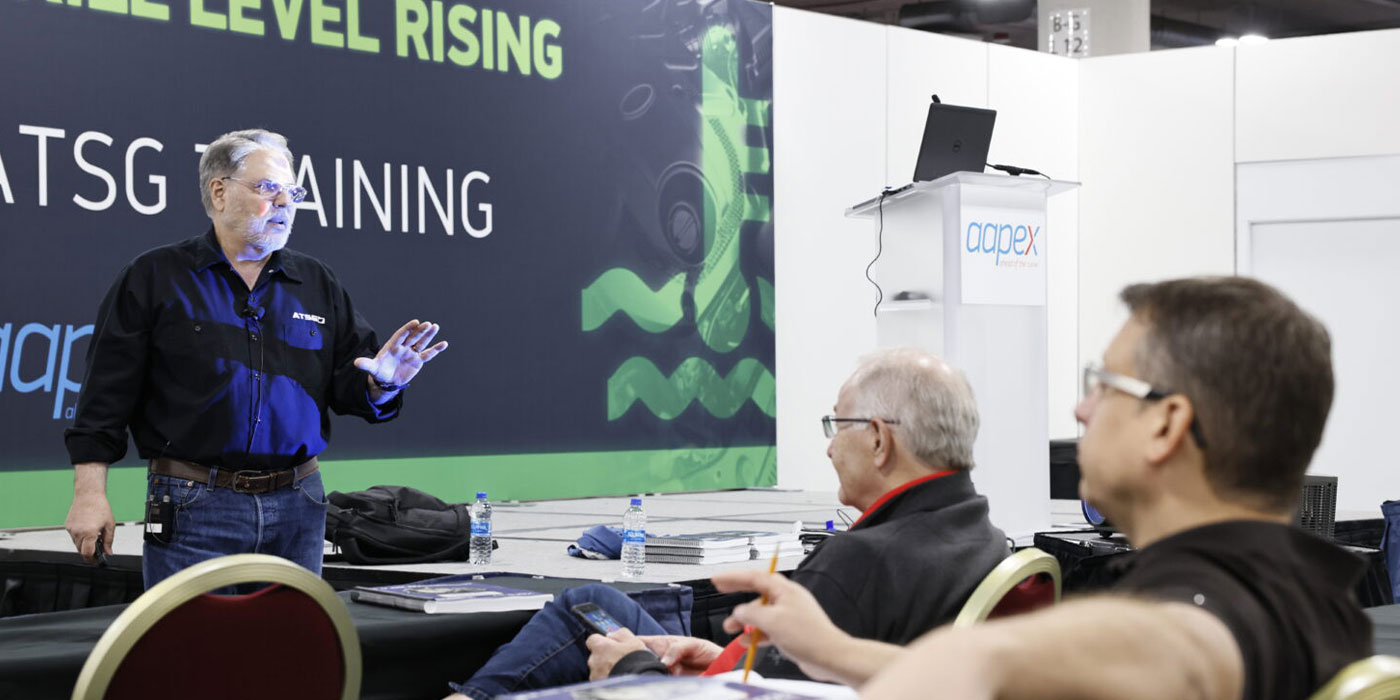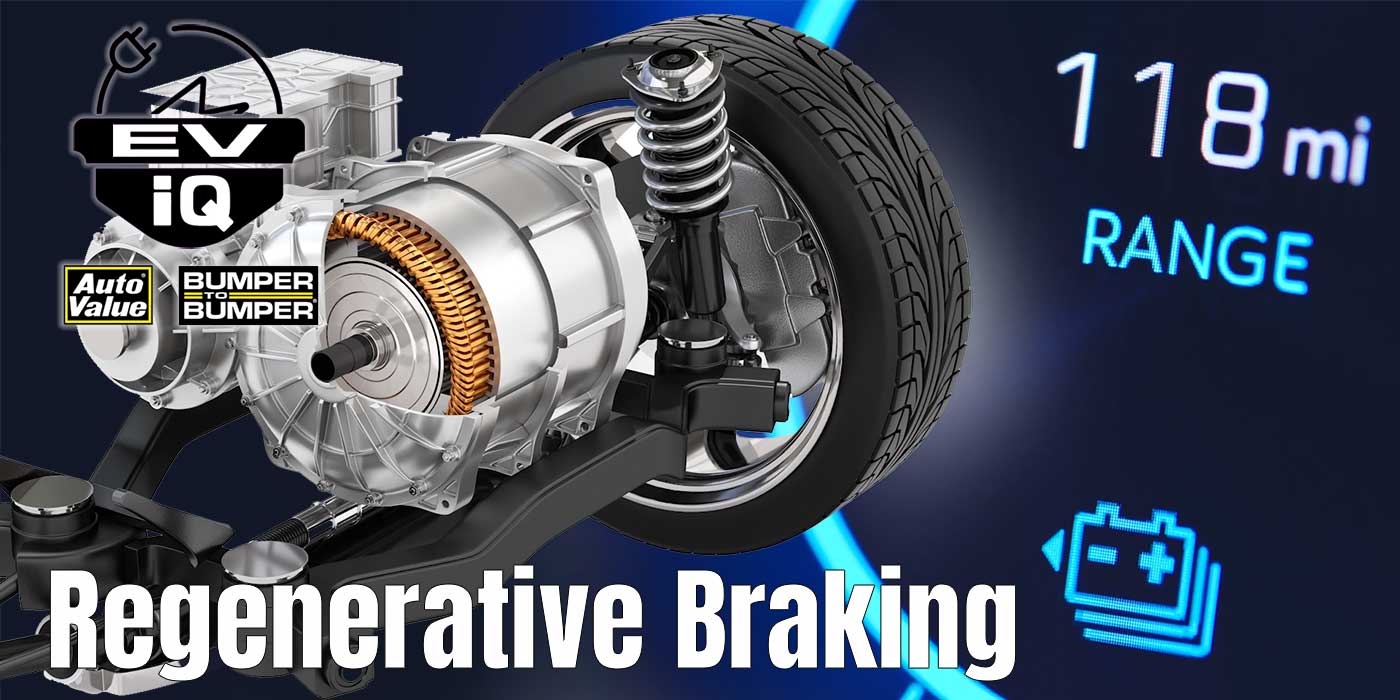The ASE Education Foundation recently revised its accreditation standards for truck and collision repair training programs, specifically focusing on tasks, tools and equipment related to high-voltage (HV) systems, including those found on electric vehicles and hybrids. Additionally, the foundation published a list of training resources that schools can use when planning updates to their curriculum and training equipment to address EV technologies. These updates reflect the foundation’s continued commitment to provide solutions to the technician shortage, ASE said.
“As more and more electric vehicles enter the marketplace, we feel it is imperative to ensure that students entering the workforce today are properly trained to work safely around these systems, even if they are not yet repairing the high-voltage systems themselves,” Mike Coley, president of the ASE Education Foundation, said.
The ASE accreditation standards are updated approximately every three years to account for changes in technology, tools and service practices. In 2022 and 2023, technical revision committees from industry and education, recognizing the growing number of high-voltage systems and electric vehicles, began to add related tasks, tools and equipment to the standards. The initial focus of most of these changes is to ensure that entry-level students are able to learn and work around these systems in a safe manner.
“The ASE automobile program accreditation task list will be reviewed and updated in early 2024, so no new high voltage/EV/hybrid required tasks have been added yet,” said Coley. “It is likely that tasks, tools and equipment similar to the ones developed for medium/heavy duty truck and collision repair will be added at that time.”

